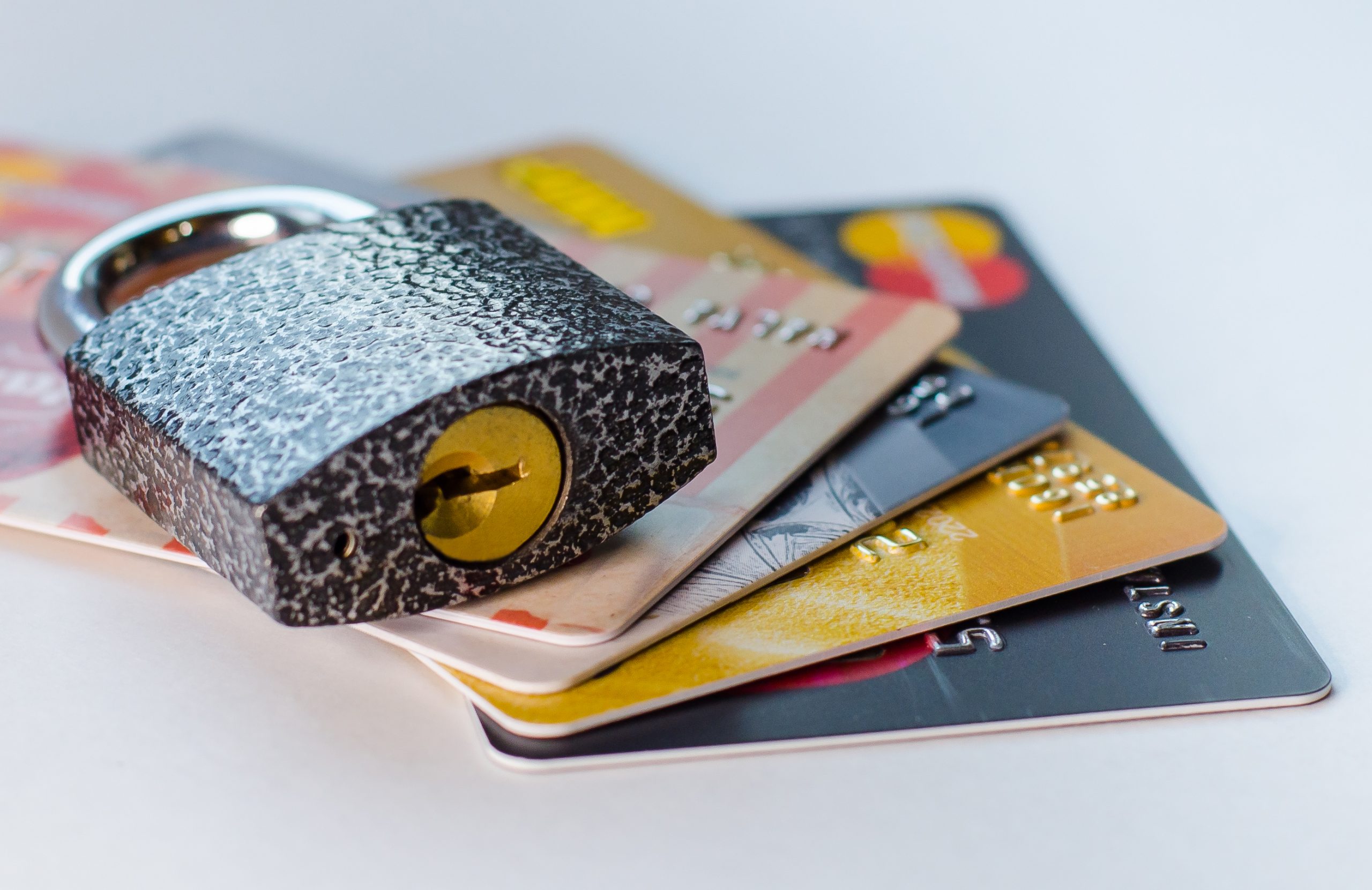News
The real reasons banks may reject you…and it’s not always about your politics

Brexit campaigner Nigel Farage has hit the headlines in recent weeks after being ditched by Coutts and then claiming other banks rejected his application for a bank account.
There is speculation the former leader of the UK Independence party could have had his Coutts account shut down due to not being wealthy enough as the private bank requires a minimum level of wealth to be a customer. However, Farage claims the account closure was due to his political views and said he’d been rejected by other UK banks too.
Farage Tweeted on 3 July: “Just to keep people up to date… I have just had the 9th bank rejection confirmed. Maybe I need to go to law and fight this for the sake of so many people. I don’t want to live in communist China.”
Why banks reject your current account application
The chances are we will never find out why Coutts closed Farage’s account, or the other banks turned him down.
Every bank will have a set of criteria it uses to assess each current account application.
Anyone with the right to live in the UK should be able to open a ‘basic bank account’ with most banks. This type of account offers fewer features than other types of current account. For example, you won’t be able to get an overdraft with a basic current account.
However, a bank or building society can refuse to open a standard current account for a new customers. They don’t have to give a reason, and there’s usually nothing you can do about it.
If you have had an application for a current account declined, there are several possible reasons:
You can’t prove your ID
To get a current account, you’ll need to be at least the minimum age – usually 16 or 18 – and be able to prove both your identification and your right to be resident in the UK.
You usually need to show the bank two separate documents that prove who you are, (i.e. your passport) and where you live (i.e. a utility bill). If you don’t have these documents, your application might be rejected.
You have a low income
A basic bank account won’t require a minimum income but a standard current account might do.
Premium or packaged bank accounts – where you pay a fee in return for certain benefits – often require a certain salary or minimum monthly deposit.
You have a poor credit rating
You don’t need to pass a credit check to get a basic bank account, but you might do to get a standard current account.
You might be turned down if you have a poor credit history or you are “financially linked” to someone who does, such as a current or ex-partner.
You’ve been made bankrupt
Most banks won’t allow undischarged bankrupts to have a current account.
If you’re made bankrupt, you’ll normally be discharged from bankruptcy 12 months from the date of your bankruptcy order. But even then, you will struggle to open some types of bank account – for example, an account with an overdraft.
You’ve not met the eligibility criteria
Every bank account will come with eligibility criteria – such as a minimum age or minimum income.
Some premium accounts have quite strict eligibility criteria. For example, to open a Barclays Premier account you need to earn at least £75,000 a year and have £100,000 in savings or investments with Barclays
You have got a criminal conviction for fraud
All bank account providers reserve the right to reject applications from people who have a ‘record of fraud’.
They will be particularly reluctant to open accounts for people who have a record of fraud against financial institutions, such as banks and insurers.
Can my bank account be closed?
UK banks can close a customer’s account at any time without giving a reason, although the bank should give you notice.
Possible reasons for closing a customer’s account might include:
- The customer gave the bank incorrect information when they opened the account
- The account has not been used for a certain period of time, for example 24 consecutive months with Lloyds
- The account holder has used or tried to use their account unlawfully
- The customer has been abusive or violent to bank staff
- The person named on the account has become a disqualified person under the Immigration Act 2014